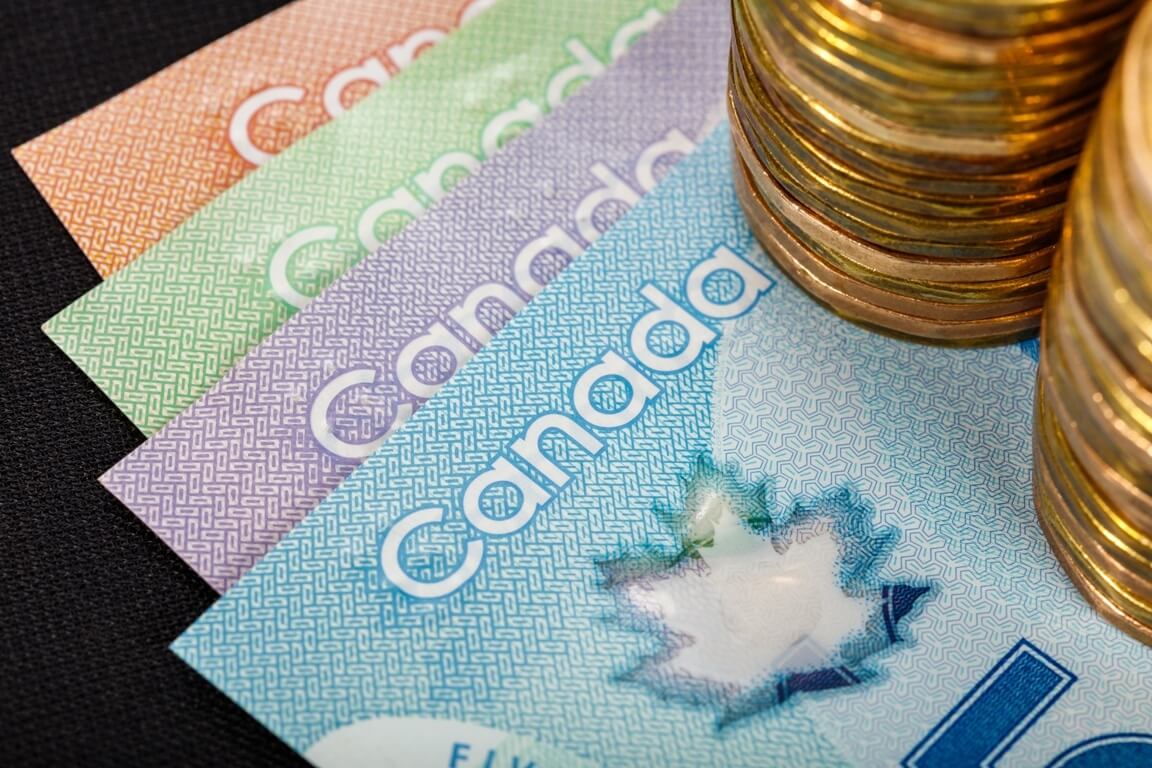
Bank of Canada Contemplates Rate Hike as Economy Remains Strong
The Bank of Canada (BoC) faces a challenging decision this week, as the Canadian economy has surprisingly displayed robust performance. This raises doubts about Governor Tiff Macklem’s commitment to staying on the sidelines. The potential return to rate-hike mode raises questions regarding the optimal borrowing costs the bank can set without adversely affecting the economy. The BoC was the first central bank to pause tightening in January.
Impressive Growth of the Canadian Economy
Between March 2022 and January, the BoC implemented eight rate hikes, driving borrowing costs to a 15-year high of 4.50%. This rapid tightening cycle marked a historic milestone for the bank. However, the economy’s response has defied expectations. Despite the significant increase in borrowing costs, the first quarter GDP rose by 3.1%, surpassing the BoC’s forecast of 2.3%. Additionally, April witnessed a 0.2% expansion. The labor market remains tight, and wage growth continues to soar, defying the bank’s efforts to cool down the economy.
Inflation and Housing Market Pressures
Inflation, which peaked at 8.1% last year, experienced a 10-month acceleration in April to 4.4%. That’s more than double the Bank of Canada’s 2% target. Analysts attribute this rise to the recent recovery in Canada’s housing market, which has added pressure to prices. Stephen Brown, Deputy Chief North America Economist at Capital Economics, highlights that the strength of the housing market and the surprising rise in CPI inflation in April provide additional support for considering another interest rate hike.

Interest Rate Decision and Market Expectations
On Wednesday, the Bank of Canada is scheduled to announce its decision on interest rates. According to money markets, there is approximately a 40% probability of a 25-basis-point increase on that day. Moreover, there is an over 80% likelihood of a rate hike by July, with complete pricing already factoring in a rate hike by September.
However, a poll of economists suggests that about two-thirds of them expect the BoC to maintain rates for the rest of the year. While four economists foresee a hike this week, three-quarters indicate the possibility of an increase in June or July.
Impact of US Jobs Data and Macklem’s Decision
In May, the United States witnessed its most significant rise in the unemployment rate since April 2020. The latter climbed from a 53-year low to 3.7%. Given that the United States accounts for approximately three-quarters of Canada’s exports, any signs of economic slowdown in the US could impact Governor Macklem’s decision-making. Nonetheless, analysts propose that Macklem might disregard market expectations and proactively increase rates to safeguard against potential risks.
Expert Opinions and Future Outlook
Royce Mendes, Head of Macro Strategy at Desjardins Group, emphasizes the Bank of Canada’s tendency to surprise traders, making any outcome plausible. Mendes even suggests the possibility of multiple rate hikes, urging Canadians to brace themselves for further tightening in financial conditions this summer. According to Jay Zhao-Murray, an FX Analyst at Monex Canada, the latest data indicates that the Central Bank may consider raising rates as a precautionary measure in one of its upcoming two meetings.
As the Bank of Canada weighs the decision on interest rates, the resilient performance of the Canadian economy presents a challenging situation. Despite previous rate hikes, economic indicators continue to exceed expectations. The future trajectory of borrowing costs and the central bank’s approach to inflation management will play significant roles in determining the stability and sustainability of the Canadian economy moving forward.




